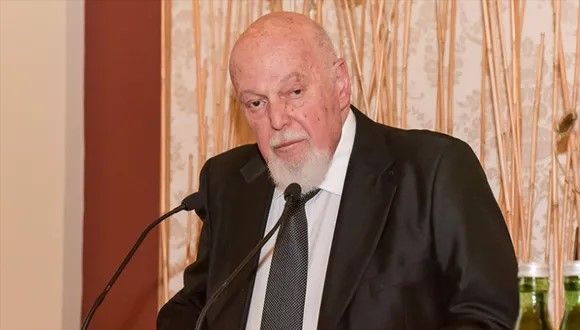
Israeli Breakthrough in Treating PTSD
World first: TAU-led team shows success of oxygen therapy in alleviating symptoms of PTSD in military veterans.
Researchers from Tel Aviv University and Israel’s Shamir Medical Center were able to successfully relieve the symptoms of post traumatic stress disorder (PTSD) in military combat veterans using a new protocols of hyperbaric oxygen therapy (HBOT). In a controlled clinical trial involving Israeli army veterans who suffered from treatment-resistant PTSD, the approach demonstrated significant improvement in all classes of symptoms.
According to the World Health Organization (WHO), almost 4% of the global population, and 30% of all combat soldiers, develop PTSD.
Hyperbaric medicine involves treatments in a pressurized chamber where atmospheric pressure is higher than sea-level pressure and the air is rich with oxygen. Considered a safe form of treatment, hyperbaric oxygen therapy is already used for a range of medical conditions. Evidence gathered in recent years indicates that special hyperbaric protocols can improve the supply of oxygen to the brain, thereby enhancing the generation of new blood vessels and neurons. It must be noted that HBOT treatments require the evaluation and supervision of qualified physicians. Moreover, for medical indications it should be given using a certified chamber with appropriate quality assurance using the exact studied treatment protocols.
The breakthrough research was led by Prof. Shai Efrati, Dr. Keren Doenyas-Barak, and Dr. Amir Hadanny of Tel Aviv University’s Sackler Faculty of Medicine and Sagol School of Neuroscience in cooperation with Shamir Medical Center. The team also included Dr. Ilan Kutz, Dr. Merav Catalogna, Dr. Efrat Sasson, Gabriela Levi and Yarden Shechter of Shamir Medical Center.
Unloading Pain for a Better Future
The study included 35 combat veterans of the Israel Defense Forces (IDF) who suffered from PTSD that was resistant to both psychiatric medications and psychotherapy.
“The veterans were divided into two groups: one group received hyperbaric oxygen therapy while the other served as a control group,” explains Dr. Keren Doenyas-Barak of Shamir Medical Center. “Following a protocol of 60 treatments improvement was demonstrated in all PTSD symptoms, including hyper-arousal, avoidance, and depression. Moreover, both functional and structural improvement was observed in the non-healing brain wounds that characterize PTSD. We believe that in most patients, improvements will be preserved for years after the completion of the treatment.”
“This study gives real hope to PTSD sufferers. For the first time in years the study’s participants, most of whom had suffered from severe PTSD, were able to leave the horrors behind and look forward to a better future.”
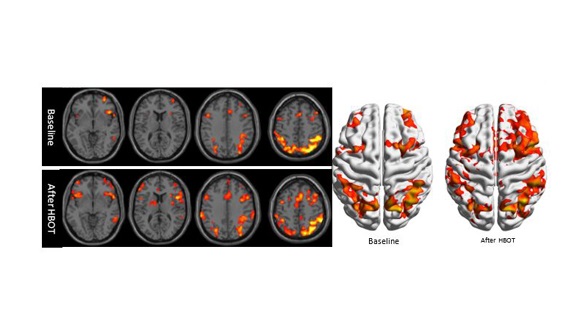
Illustration: Clinical example of functional brain imaging by fMRI. The reduced brain activity in the frontal lobes of the brain (responsible among others for emotional regulation and executive functions) and in hippocampus (responsible for memories functions) is improved after Hyperbaric Oxygen Therapy (HBOT).
Emotional Trauma Can Cause Physical Damage
“Today we understand that treatment-resistant PTSD is caused by a biological wound in brain tissues, which obstructs attempts at psychological and psychiatric treatments,” explains TAU Prof. Shai Efrati. “With the new hyperbaric oxygen therapy protocols, we can activate mechanisms that repair the wounded brain tissue. The treatment induces reactivation and proliferation of stem cells, as well as generation of new blood vessels and increased brain activity, ultimately restoring the functionality of the wounded tissues. Our study paves the way to a better understanding of the connection between mind and body.”
“Our results indicate that exposure to severe emotional trauma can cause organic damage to the brain,” says Prof. Efrati. “We also demonstrate for the first time that direct biological treatment of brain tissues can serve as a tool for helping PTSD patients. Moreover, our findings may be most significant for diagnosis. To date, no effective diagnostic method has been developed and diagnosis of PTSD is still based on personal reports which are necessarily subjective – leading to many clashes between the suffering veterans and the authorities responsible for treating them. Think of a person who comes to the emergency room with chest pains. The pain might be caused by either a panic attack or a heart attack, and without objective EKG and blood tests, the doctors might miss a heart attack. At present we are conducting continuing research in order to identify the biological fingerprint of PTSD, which can ultimately enable the development of innovative objective diagnostic tools.”
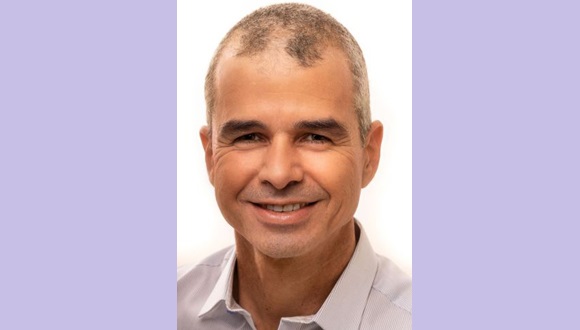
Prof. Shai Efrati
Prof. Efrati is an Associate Professor at TAU and director of the Sagol Center for Hyperbaric Medicine and Research at Shamir Medical Center. He is also the co-founder and Chair of the Medical Advisory Board at Aviv Scientific LTD, a company that applies the hyperbaric oxygen therapy protocols developed from his team’s research to enhance the brain and body performance of aging adults.
Related posts
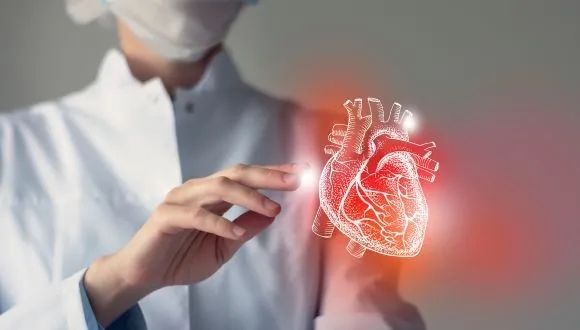





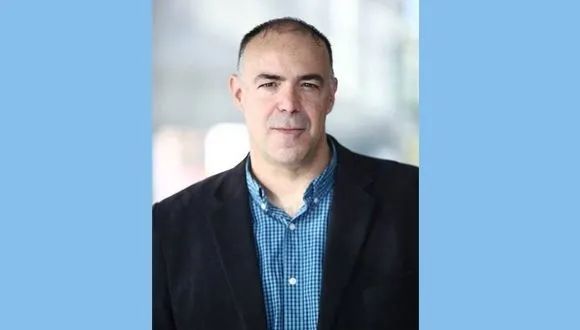
Destroying Cancer: new drug delivery system containing RNA therapy can target cancer cells in bone marrow

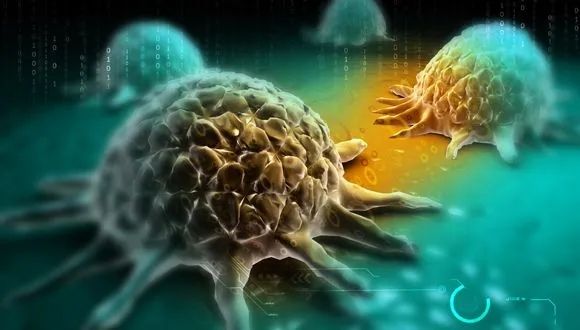



Operation Guardian of the Walls: Women, Young People and Residents of the South Paid the Heaviest Price
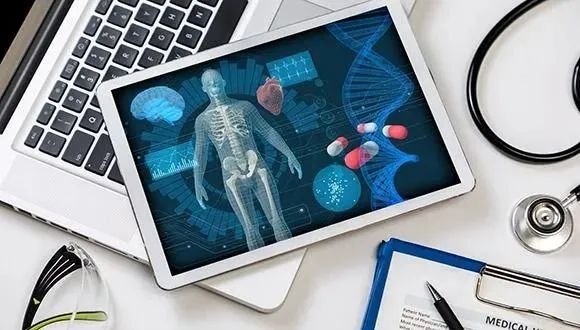


Breakthrough Gene Therapy Offers Hope for Severe Developmental Epilepsy in Children
